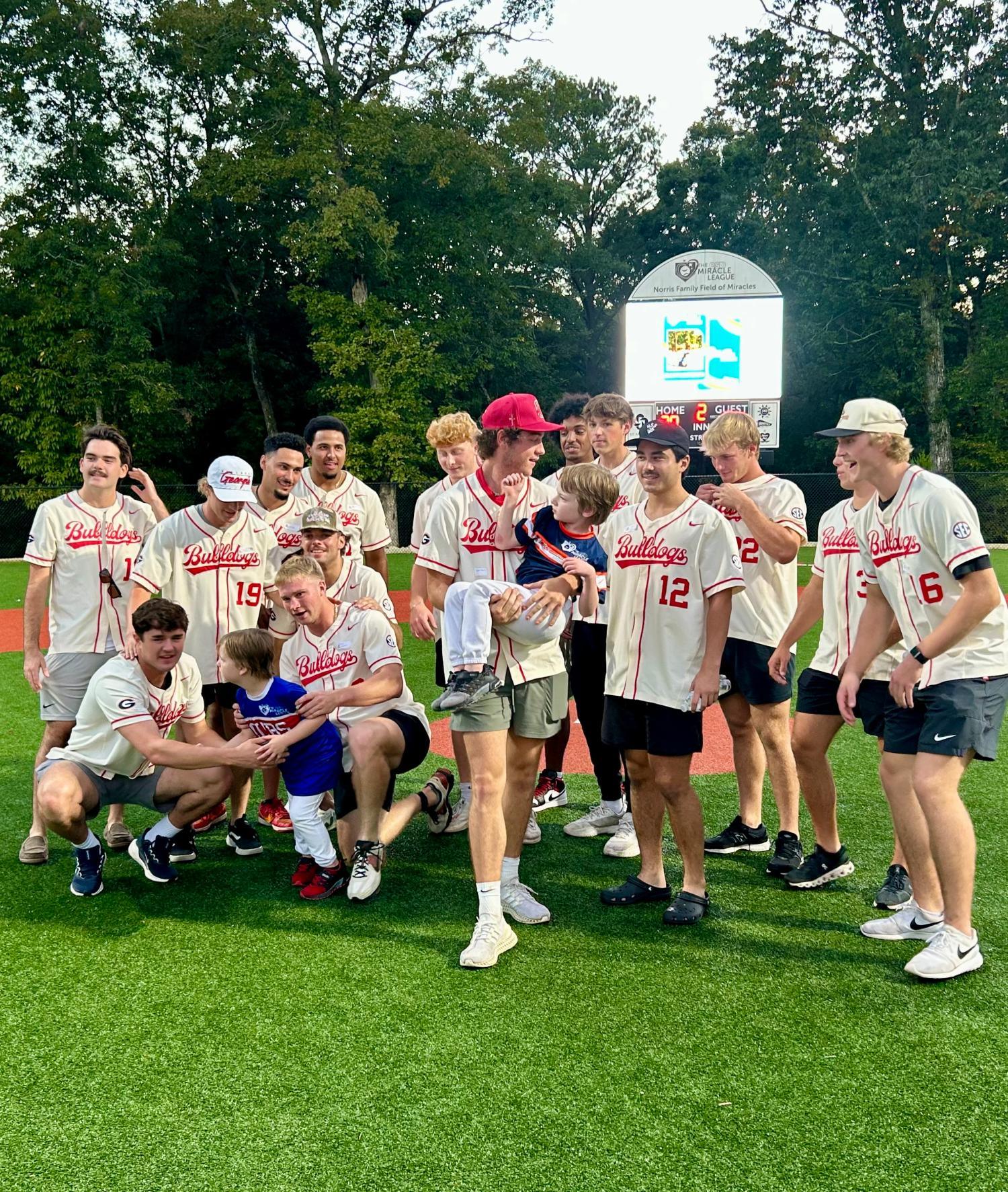GCDD Honors Jacquelyn Daniel with 2025 Spirit of Kim Award
- Podcast URL: https://open.spotify.com/episode/0XBxETjxSrJyuXRxti2frT?si=ced8385f96de4237
Jacquelyn Daniel, founder of ConnectAbility in Dahlonega is the 2025 Spirit of Kim Unsung Hero Award Winner! This award celebrates individuals who demonstrate selfless service to Georgia's intellectual and developmental disability (I/DD) community. The winner shows the same giving spirit as GCDD's late Office Manager Kim Person. Kim worked for the Council for 19 years and passed away suddenly in July 2023.
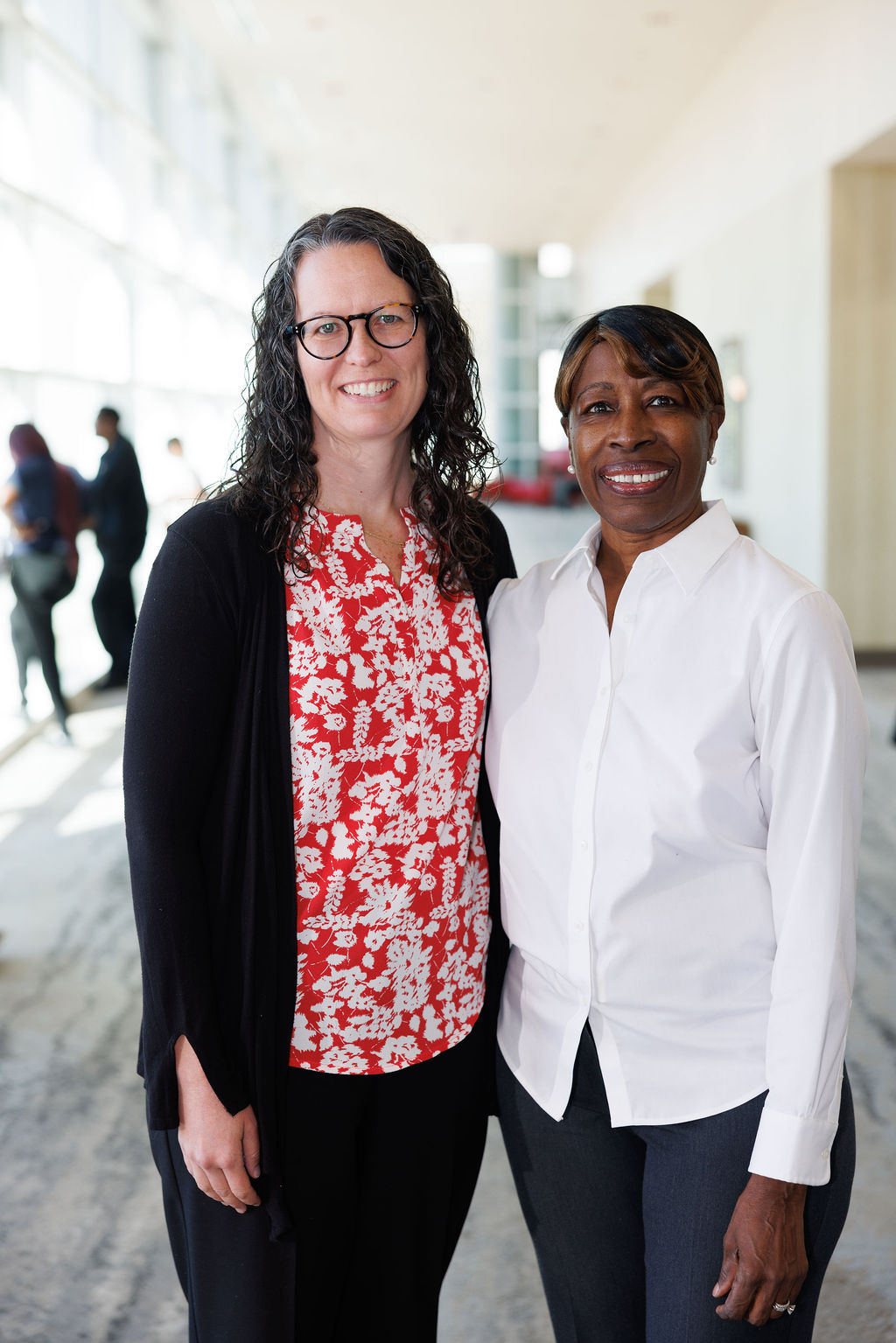 Jacquelyn Daniel with Kim Person's mother, Barbara GoldstonThe award recognizes individuals who make an impact, often behind the scenes, to advance GCDD's mission of promoting social and policy changes for people with developmental disabilities and their families. Recipients demonstrate the qualities Kim Person herself embodied: selflessness, dedication, and an unwavering commitment to service.
Jacquelyn Daniel with Kim Person's mother, Barbara GoldstonThe award recognizes individuals who make an impact, often behind the scenes, to advance GCDD's mission of promoting social and policy changes for people with developmental disabilities and their families. Recipients demonstrate the qualities Kim Person herself embodied: selflessness, dedication, and an unwavering commitment to service.
Daniel joins 2024 winner Sheryl Arno from the Down Syndrome Association of Atlanta in this honor. This year's selection was very competitive. The selection committee received 27 nominees representing all regions of Georgia. The large number of nominations showed the dedication and compassion within Georgia’s disability community.
Daniel's journey began in 2001 when she arrived at the University of North Georgia as a college student. When she asked how to get involved with the I/DD community in the area, she was told nothing like that existed in north Georgia and that she should start something herself. So, she did.
The first ConnectAbility "Sidekicks" event drew just one family. Nearly 25 years later, that same family continues to attend monthly gatherings alongside hundreds of others. Participants have found friendship, connection, and belonging through Daniel's vision. ConnectAbility started as a simple effort to create social connections. It has blossomed into an organization whose mission—"Creating communities where people of all abilities are valued, included and empowered"—has impacted thousands of Georgians.
Daniel recognized a critical gap in services. The number of resources for I/DD support drops off significantly north of Atlanta. This leaves many families underserved. ConnectAbility has filled that void in remarkable ways. One free pool party for families of children and adults with disabilities drew people from 18 different zip codes. This shows the desperate need for inclusive community spaces in the region.
But Daniel's impact extends far beyond events. Her advocacy has changed the fabric of Lumpkin County and the surrounding areas. Operating under the philosophy that "creating a better community for people with disabilities creates a better community for everyone," she has helped Dahlonega become a model of accessibility. The town now boasts multiple adaptive and inclusive playgrounds, an accessible kayak launch, improved sidewalks, businesses that actively hire and employ people of all abilities, and a renewed culture of inclusion.
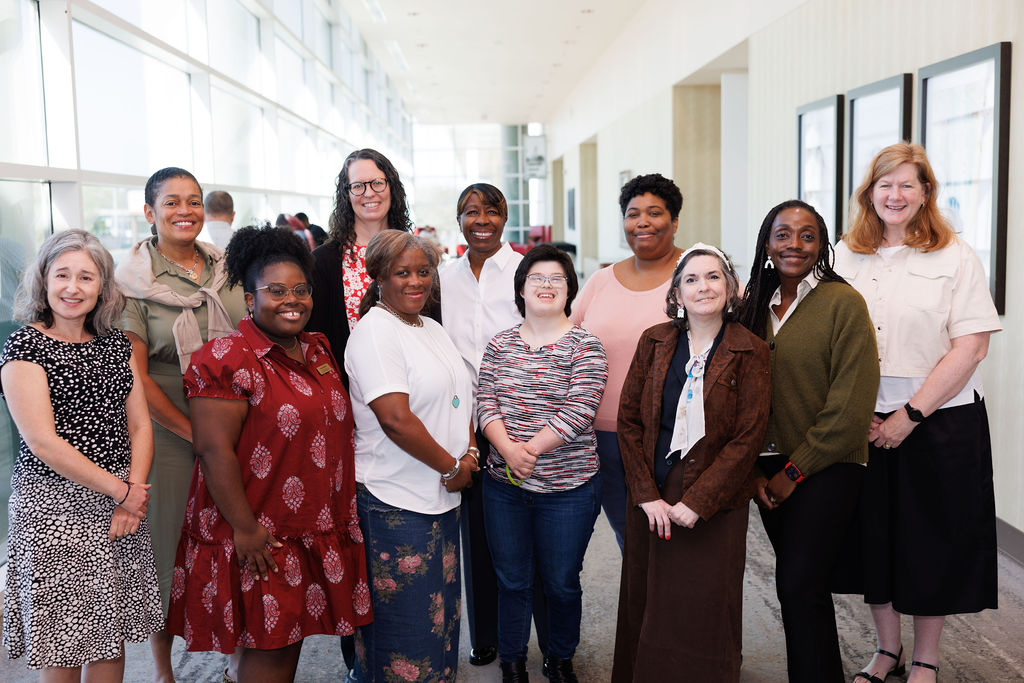 ConnectAbility's programming has evolved to meet diverse needs. Race for a Reason provides an inclusive running program with adaptive race chairs. The Thousand Words Photography Project gives a photo voice to those who may find communication challenging. The Community Connections Leadership Team's "intern" program offers people with I/DD opportunities to develop professional skills and work experience.
ConnectAbility's programming has evolved to meet diverse needs. Race for a Reason provides an inclusive running program with adaptive race chairs. The Thousand Words Photography Project gives a photo voice to those who may find communication challenging. The Community Connections Leadership Team's "intern" program offers people with I/DD opportunities to develop professional skills and work experience.
Most recently, ConnectAbility has begun the renovation of a historic building to serve as its new headquarters. It will house inclusive work opportunities and kick off their goal of creating "a place to call home" for people of all abilities.
Kim Bell serves as the Director of Community Connections at ConnectAbility. She nominated Daniel for the award. Bell said Daniel's life work shows the same kindness and caring that Kim Person showed when she was alive. She has given so much of herself to the organization over the past 25 years and does not often get attention. She just continues to help people with developmental disabilities and their families live better lives.
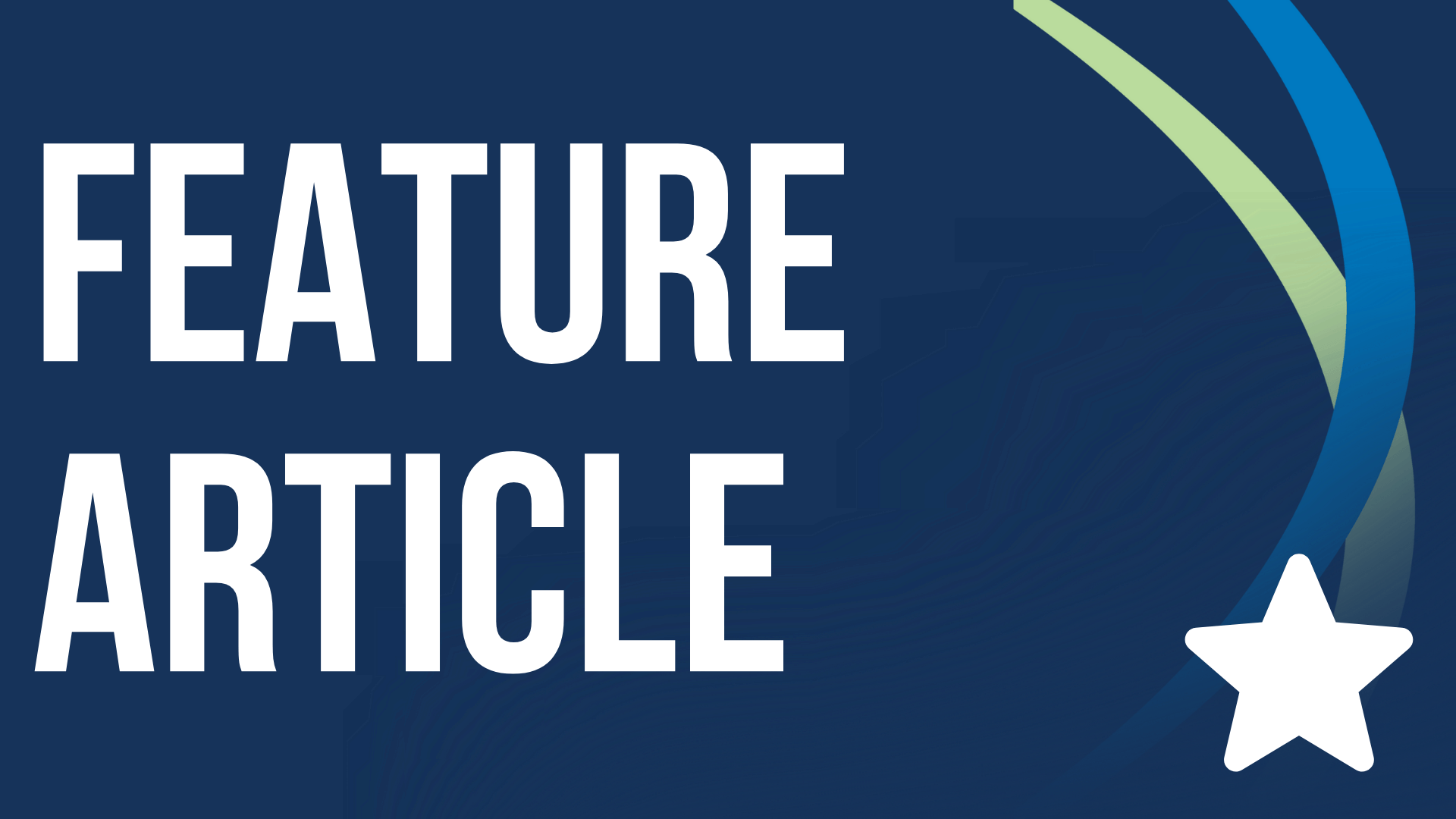
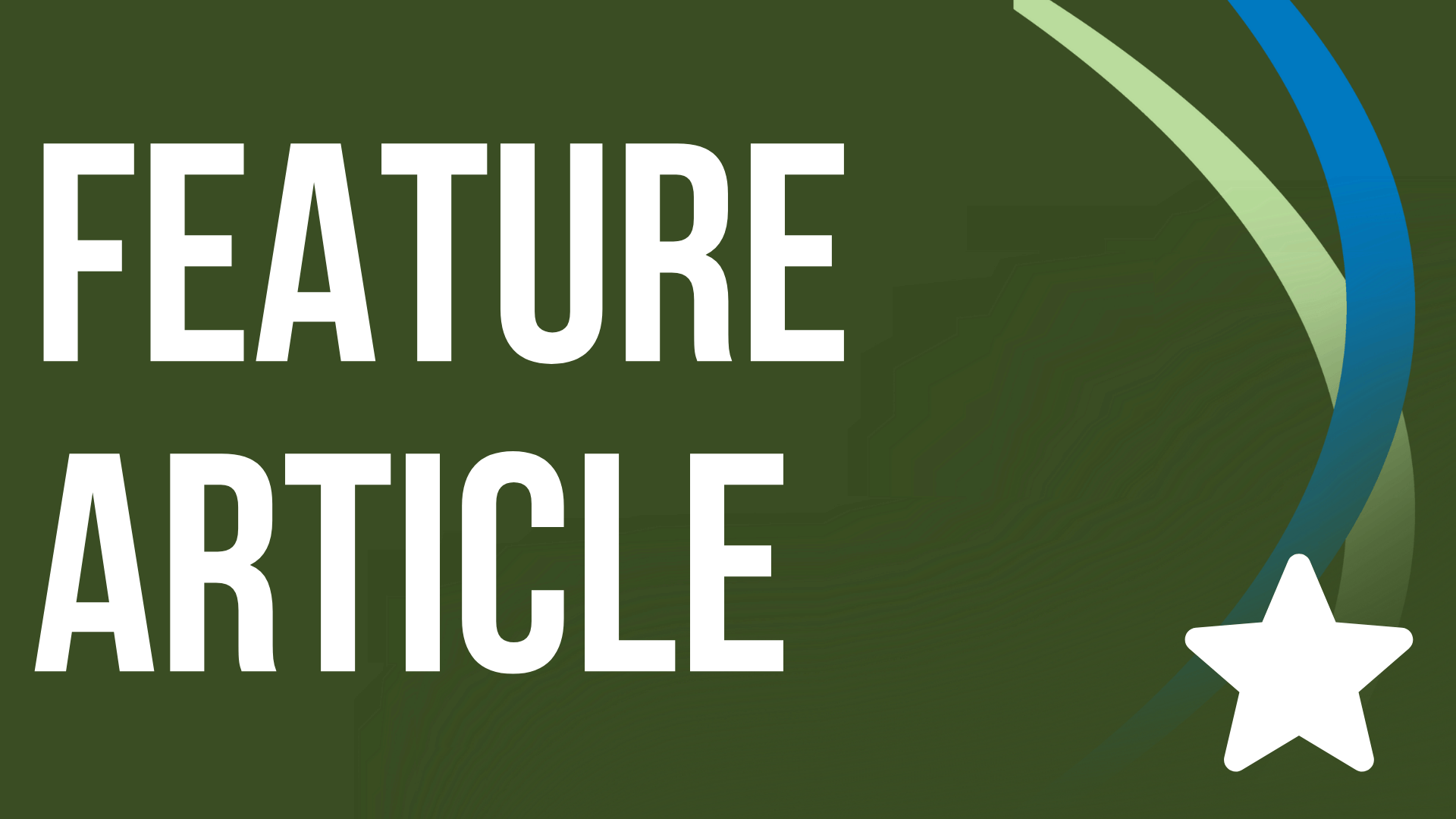
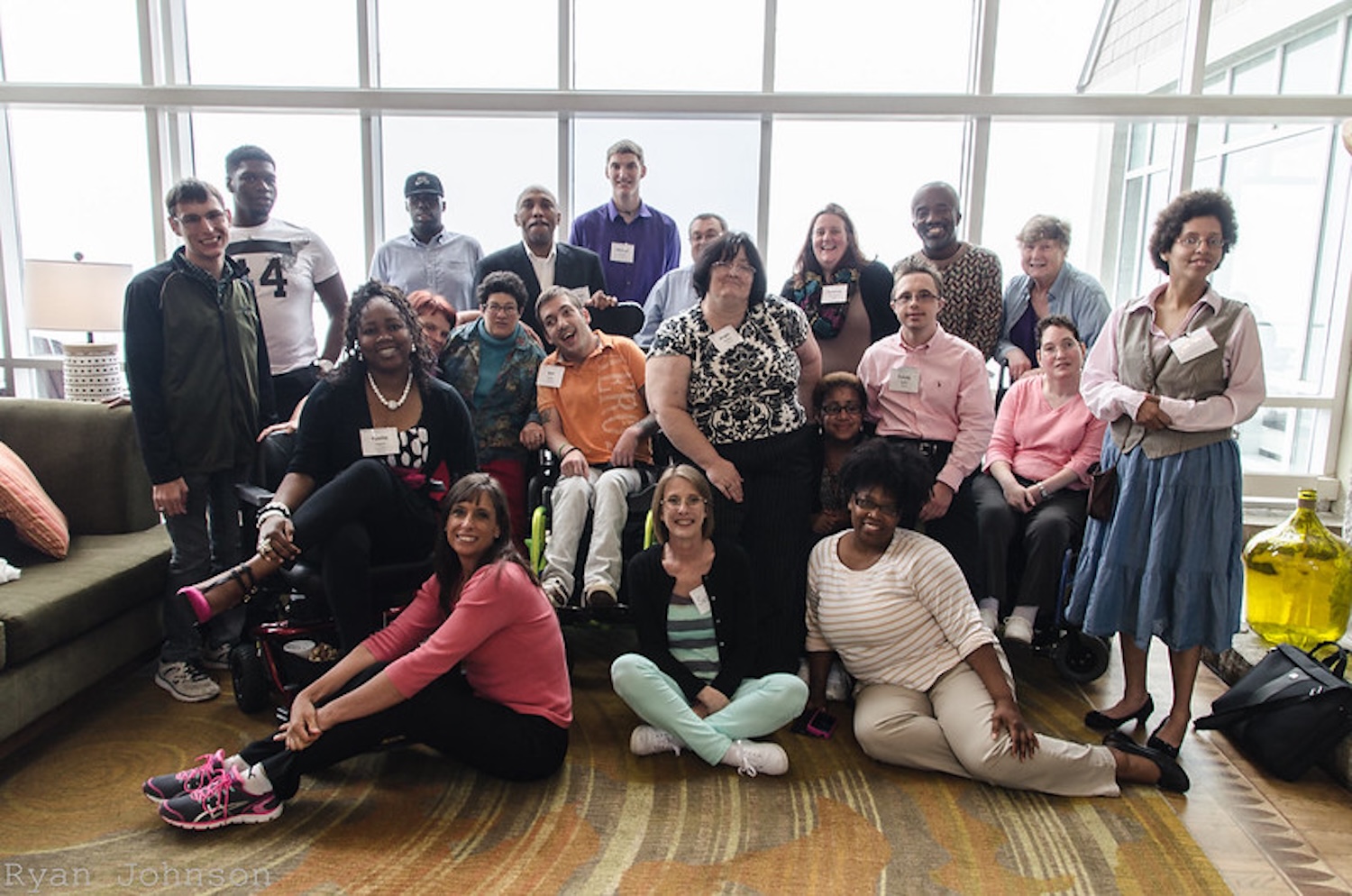
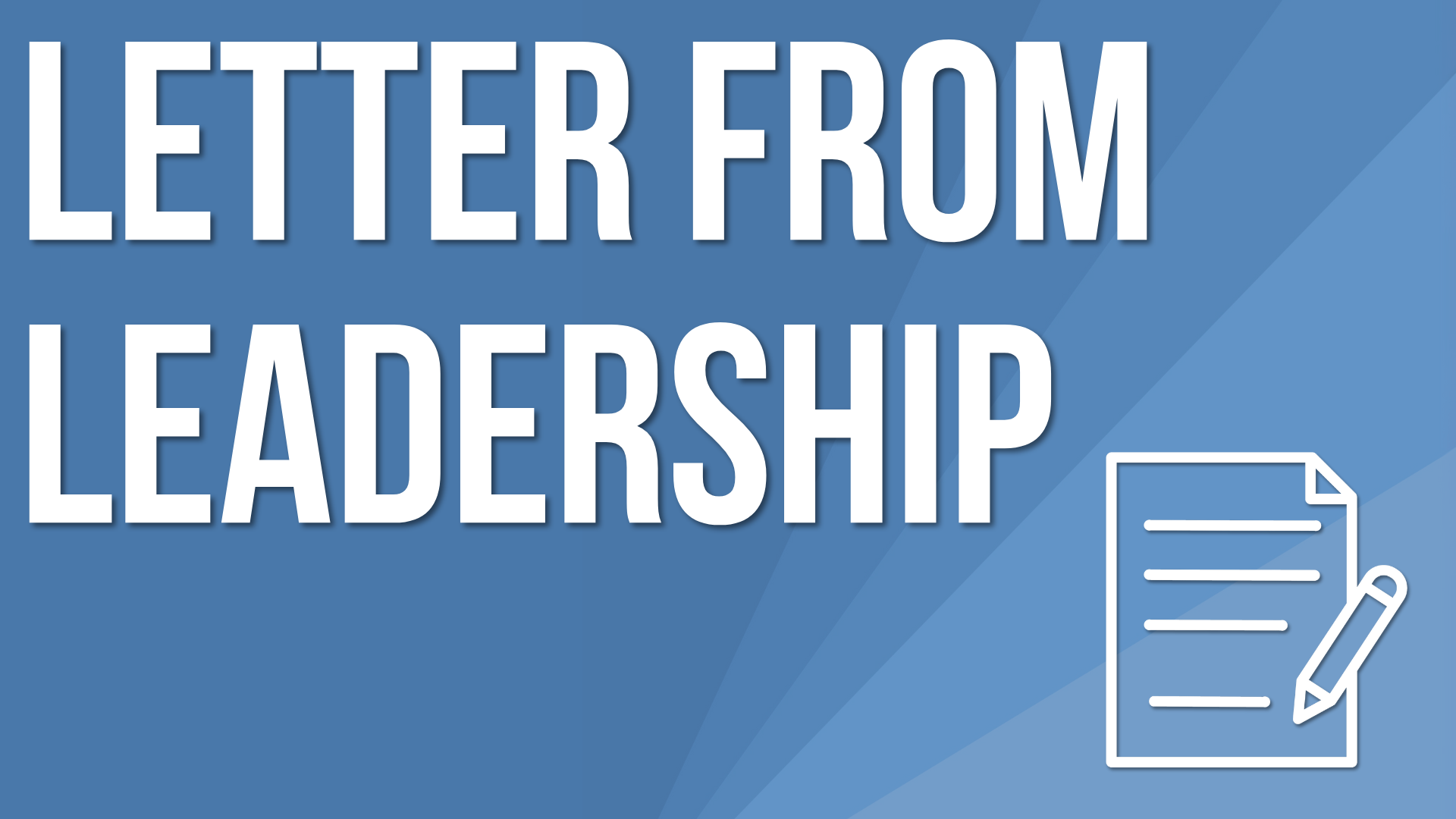
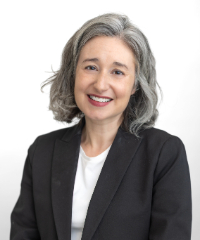 “Without our traditions, our lives would be as shaky as a fiddler on the roof.”
“Without our traditions, our lives would be as shaky as a fiddler on the roof.”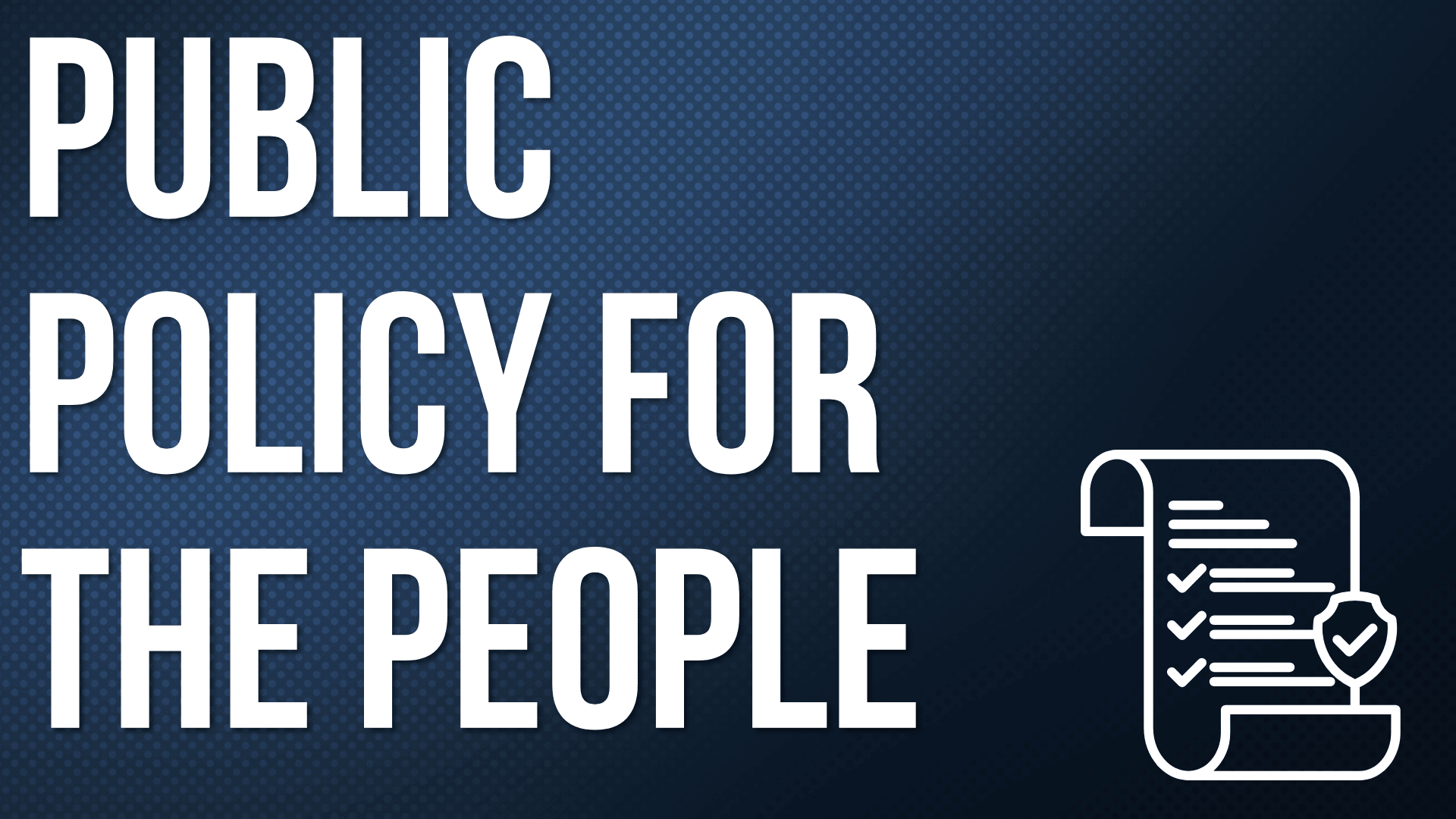
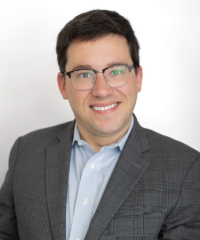
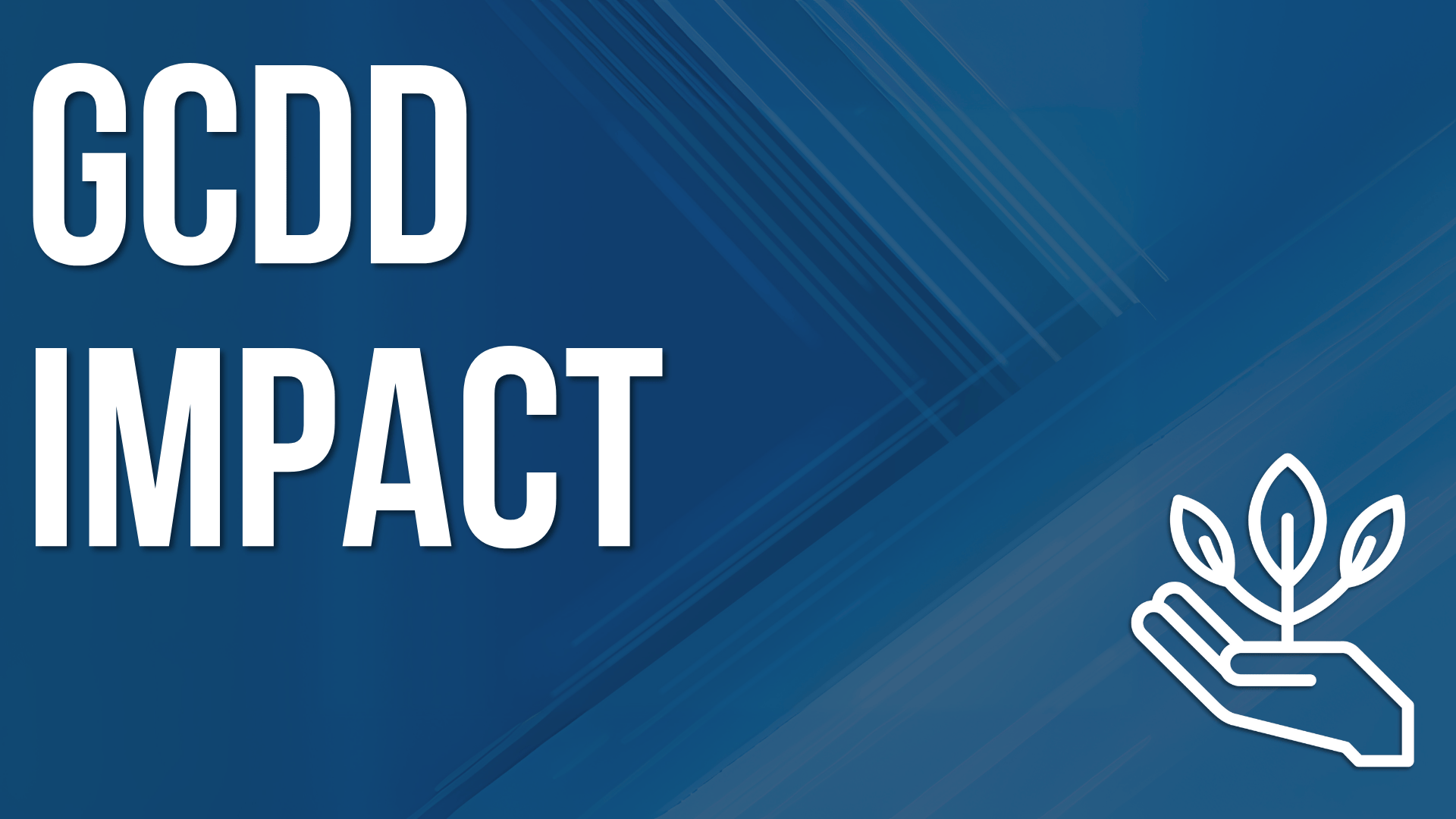
 Community-Based Services (HCBS) easier to get for people with disabilities and their families. The group looks for problems in the system and pushes for changes that help people who need these services live better lives.
Community-Based Services (HCBS) easier to get for people with disabilities and their families. The group looks for problems in the system and pushes for changes that help people who need these services live better lives.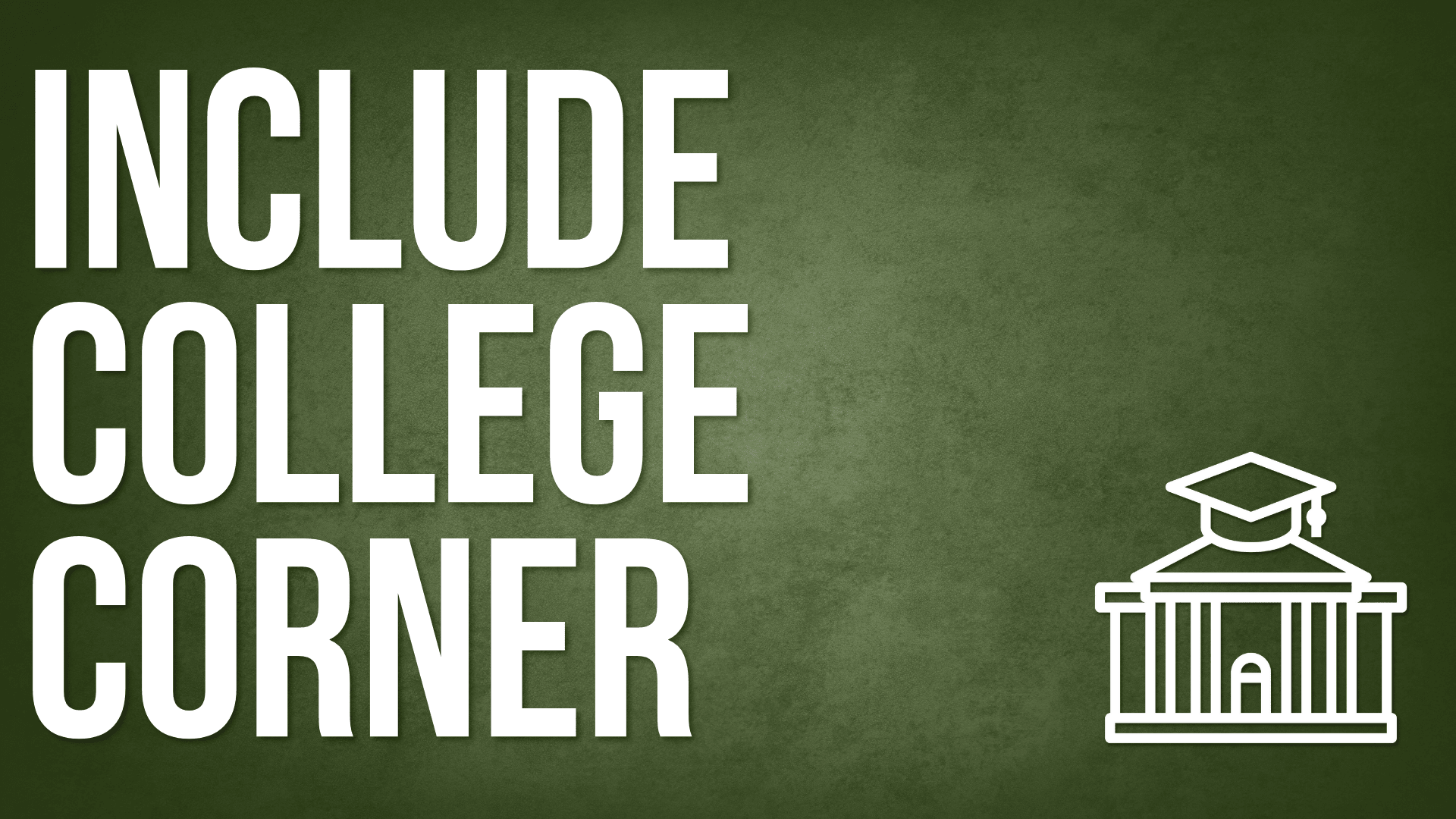
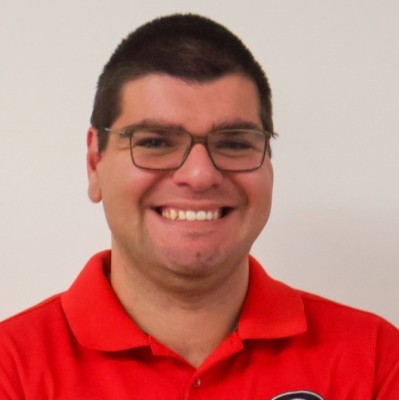
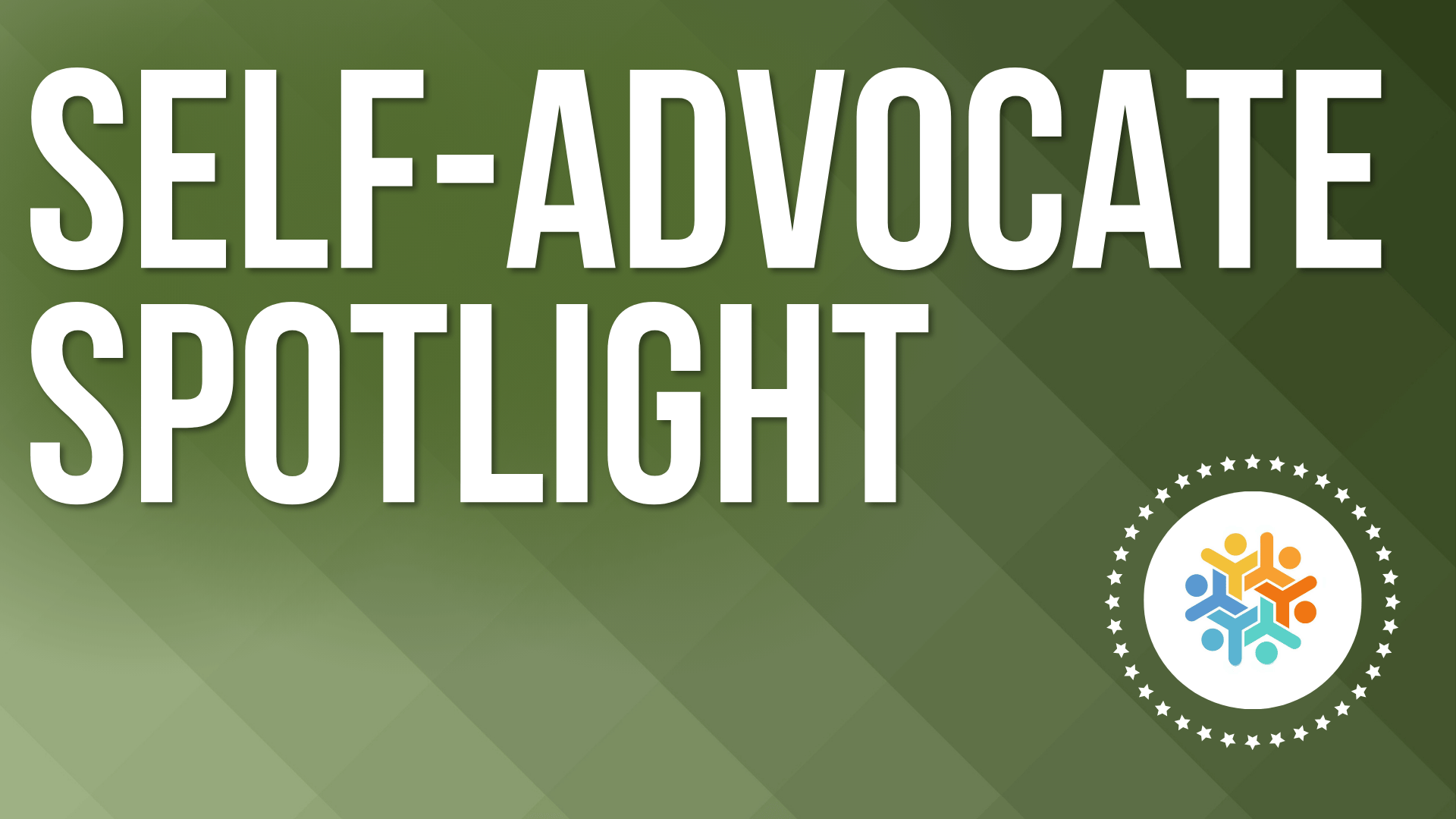
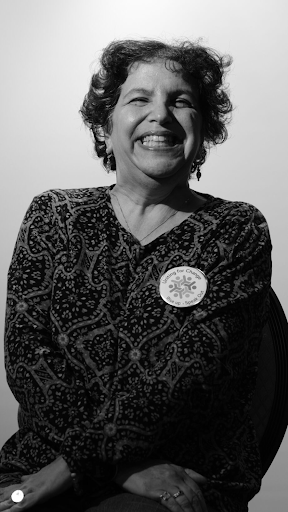
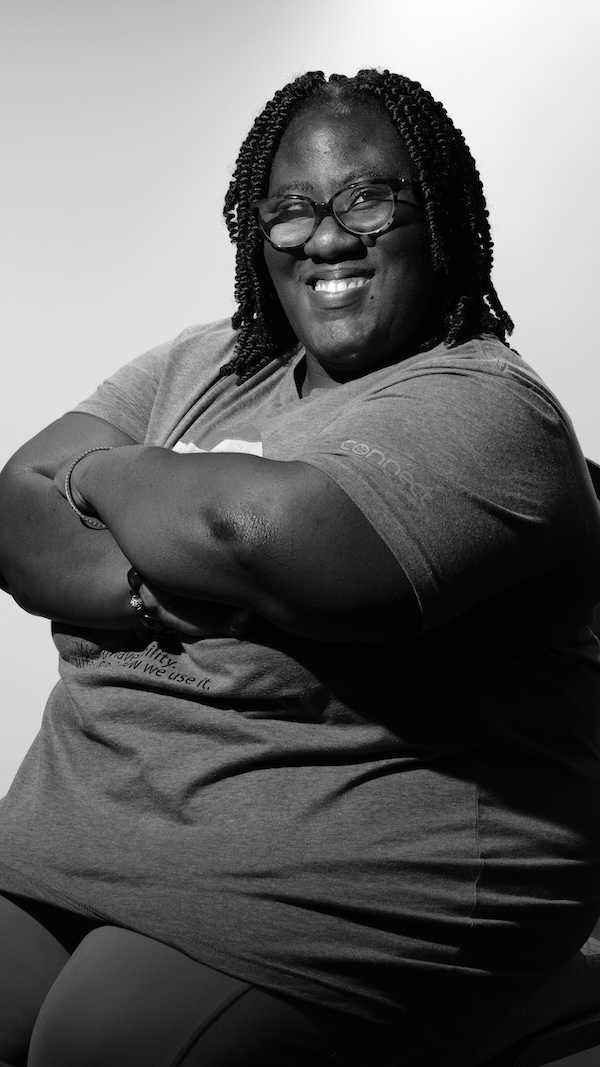
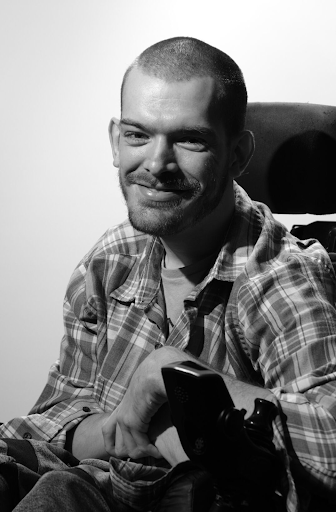
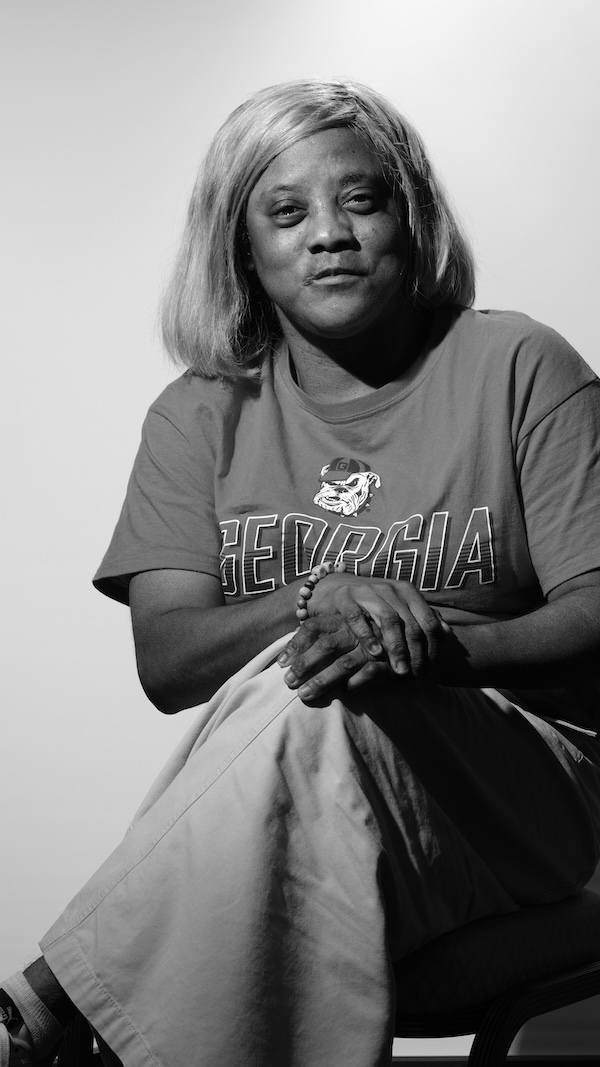
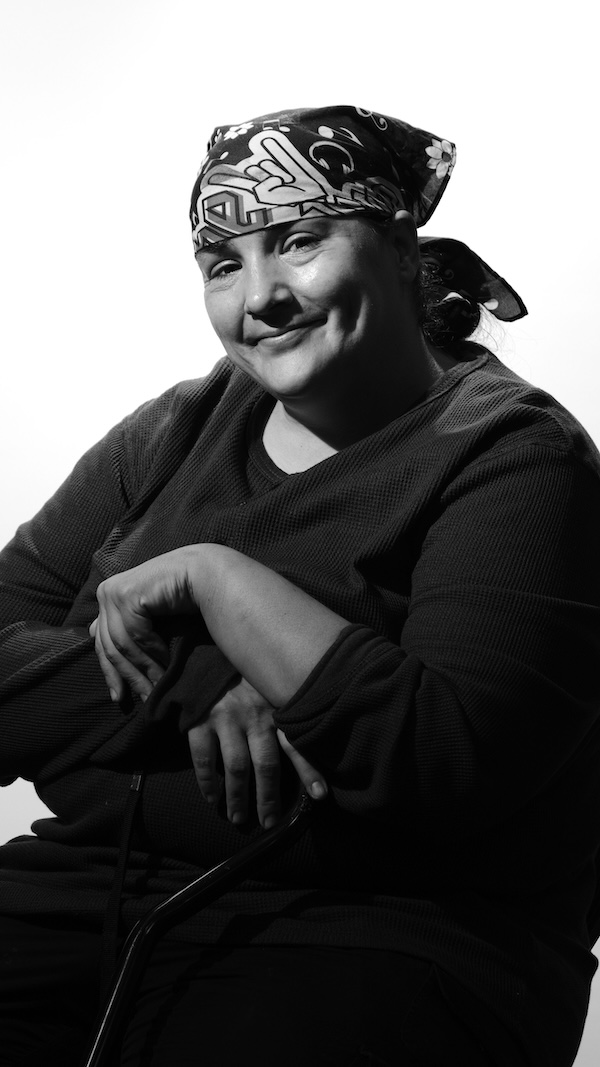
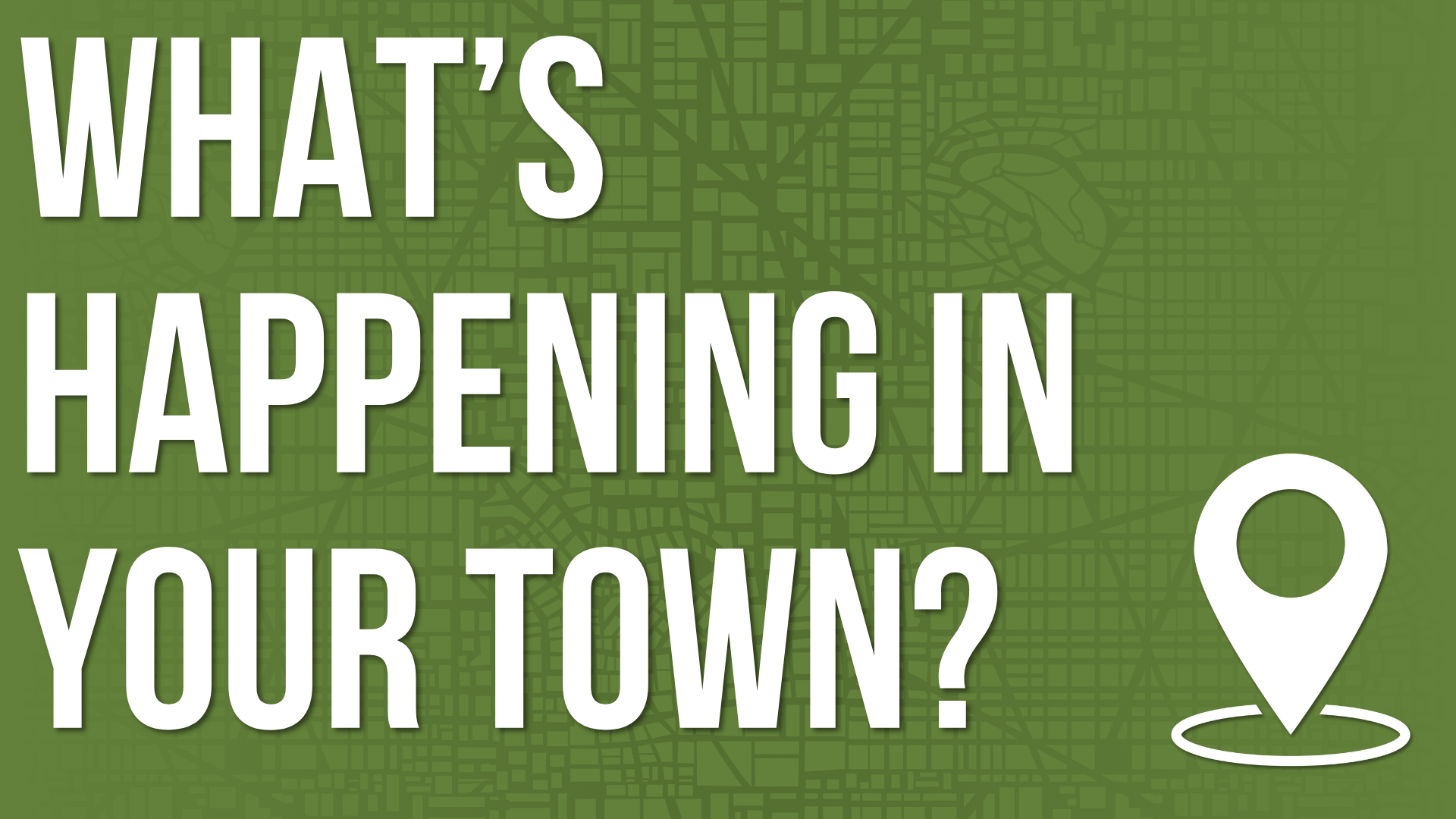
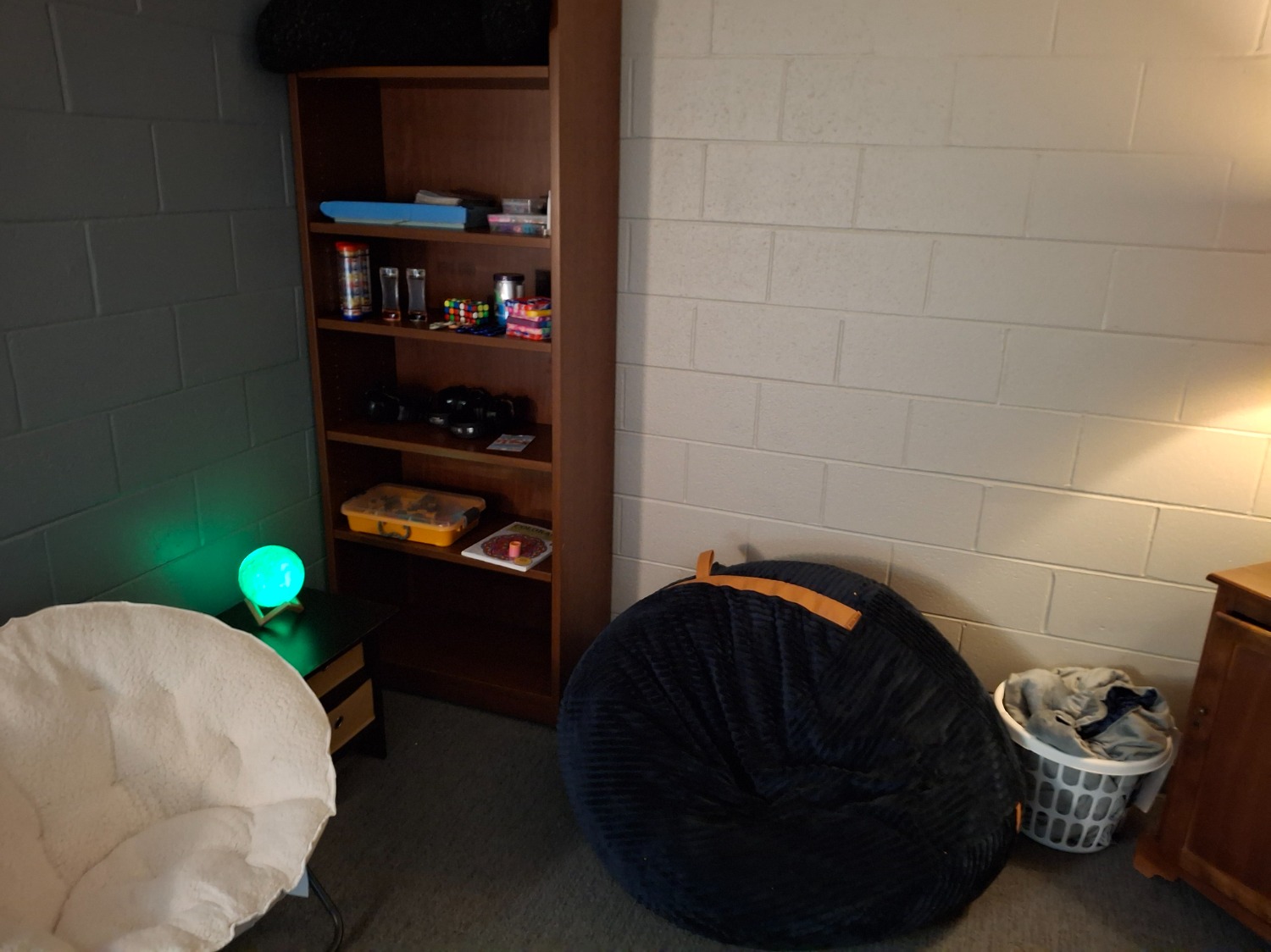 Susannah Hooton
Susannah Hooton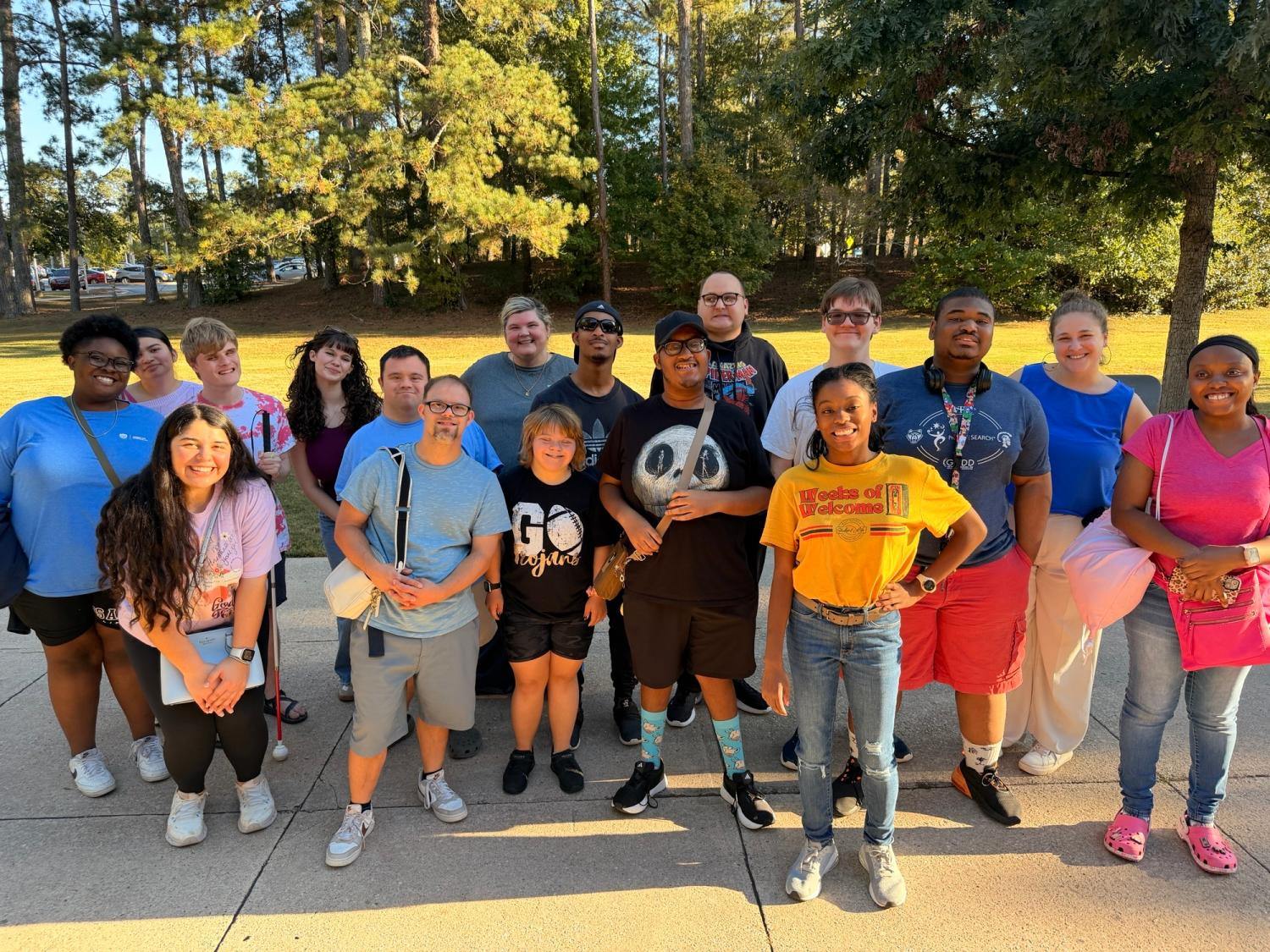 The goal of The Inclusive Den is to provide young adults with disabilities opportunities to engage socially with their community in meaningful and fun ways. This program is different from many others because our priority is to engage in social events and outings that are for all young adults and not being "special" or "segregated" events.
The goal of The Inclusive Den is to provide young adults with disabilities opportunities to engage socially with their community in meaningful and fun ways. This program is different from many others because our priority is to engage in social events and outings that are for all young adults and not being "special" or "segregated" events.